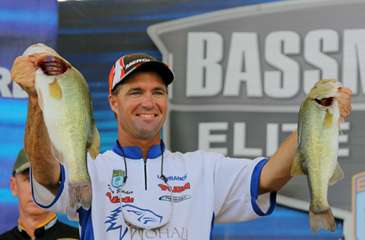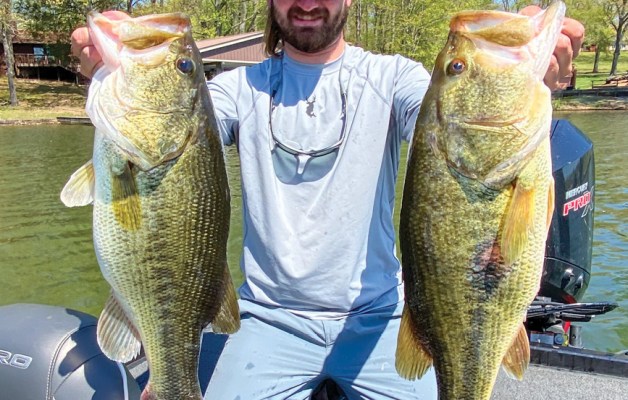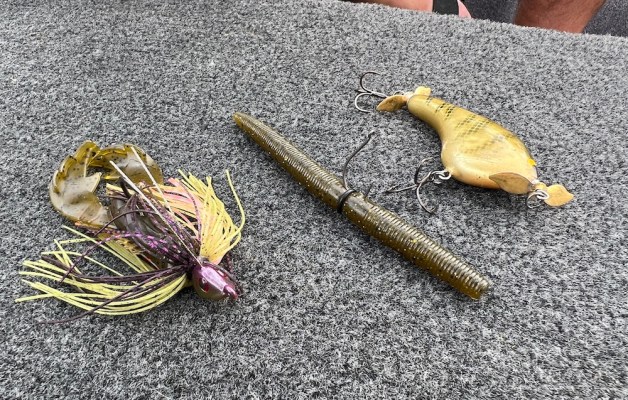
A lot of guys forget about their tow vehicle when they think about fishing on a budget. That's a big mistake. It's every bit as much a part of your fishing expenses as your boat and your tackle. A big repair bill on your truck — many of which can be avoided — will be as much of a disaster as a blown outboard.
Here are 10 ways to avoid problems with your tow vehicle:
1. Change your oil.
Different vehicles and different oils have different change intervals. Follow the manufacturer's directions. Don't push the limits. Your vehicle is working hard when it's pulling a boat. You can do it yourself or have it done at one of those quick-change places for a few more dollars. Either way, do it.
2. Change your air filter.
This is something a lot of anglers never think about. A dirty air filter causes your engine to strain. That reduces fuel mileage and can damage your motor over time. Again, you can change it yourself or have them change it when they change your oil.
3. Use fuel additives.
Fuel additives increase gas mileage and help keep your engine clean. They are especially important with diesel engines. They're money well spent.
4. Check and clean your battery.
Load test your battery. A load test isn't a simple voltage test. It actually lets you look at what your battery is doing when it's working. While you're doing that, clean and grease the terminals. If your battery needs replacing, you can probably buy one cheaper at home than you can on the road.
5. Check your transmission regularly.
I check mine several times a year and change the fluid at least twice. That's probably more then you need to do, but you get the point. Rebuilding a transmission will cost several thousand dollars. Proper maintenance will cost less than a hundred.
6. Inspect and replace your serpentine belt.
Most modern vehicles have one belt. If it breaks, nothing works — especially your motor's cooling system. Inspect it, put dressing on it, and replace it before it breaks. A lot of guys carry an extra one just in case.
7. Inspect and replace your brakes.
Brakes on a tow vehicle take a lot of abuse. They are used more frequently and are under more pressure than with most other vehicles. Check them two or three times a year and have them replaced before they wear to nothing and cause other problems. I change my own. If you don't know how to do that, however, have it done by a qualified professional. A brake failure will ruin more than your fishing trip.
8. Check your tires.
This may sound obvious, but a lot of guys try to save money by running their tires "just a little longer." That makes no sense. Check them often — not just for tread depth but also for cuts and bubbles — and replace them before you have to do it on the road, or before you have a serious accident.
9. Change your windshield wipers.
Windshield wipers let you see the road. They only cost a few dollars and only take a few minutes to replace. Do I need to say anything else? Keep your windshield washer fluid reservoir full, too. Clean glass makes a big difference. Accidents cost money.
10. Join AAA
The yearly fee may seem high at first, but if you have problems on the road it'll seem dirt cheap when you get the bill for on-the-road service. It's also a lifesaver if you run out of gas. (Yes, I have a bad habit of pushing my fuel too far. AAA has helped me out more than once.) Here's the bottom line: Check your vehicle and do maintenance at home when you can schedule it and when it's cheapest. Otherwise, you're risking a bad accident and wasting money that could be put to better use.




